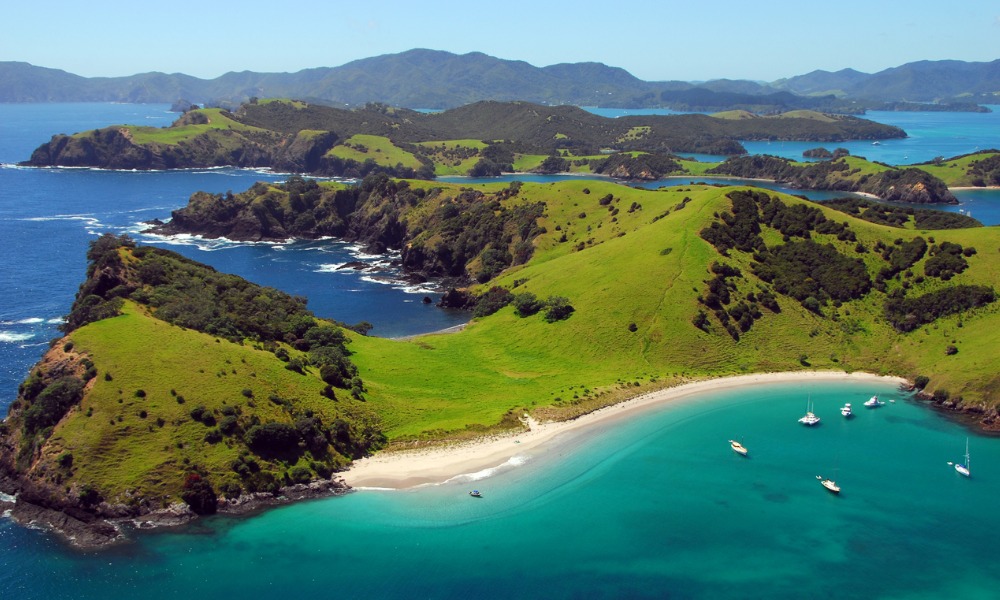
Case involved nationwide recognition of customary marine title 'on behalf of all Māori'

The Supreme Court dismissed an application for leave to appeal the case concerning nationwide recognition of customary marine title over New Zealand's marine and coastal areas.
In Tamihere v Attorney-General [2023] NZSC 135, Cletus Maanu Paul applied to the High Court under s. 98 of the Marine and Coastal Area Act 2011 for orders recognizing customary marine title over all of Zealand's marine and coastal area "on behalf of all Māori." Paul was a long-standing New Zealand Māori Council member and former chair of the Mataatua District Māori Council.
The Supreme Court explained that an applicant may apply to the court for a recognition order or to vary or cancel a recognition order. However, the application must be filed no later than six years after the Marine and Coastal Area Act commences.
The High Court and the Court of Appeal struck out Paul's application in both the original and amended forms. The original application sought nationwide recognition, while the amended form did not express that it was made on behalf of all Māori.
The High Court and Court of Appeal ruled that the nationwide application failed to comply with the requirements of that act that an application "describes the applicant group", "identify the particular area of the common marine and coastal area to which the application relates", and "name a person to be the holder of the order as the representative of the applicant group". Furthermore, the courts said the amended application was time-barred.
The applicants raised the matter to the Supreme Court, challenging the striking out of the application. They contended that it is necessary in the interests of justice to allow the appeal because it raised issues about the consistency of the act with the treaty and tikanga. The legislation is novel, and they alleged that it may permanently extinguish indigenous rights. The applicants argued that a substantial miscarriage of justice might occur if the Supreme Court did not grant leave to appeal.
However, the court ultimately declined leave to appeal, considering that the applicants have insufficient prospect of success on appeal to meet the criterion that it is "necessary in the interests of justice" for the court to hear and determine the appeal.
The court was not persuaded that the nationwide application complied with the act's requirements. The court said that while a collective application may be made under the act, it would still be necessary to show that Paul had been appointed on behalf of all groups having or claiming interests in New Zealand's marine and coastal area. The court likewise emphasized that the amended complaint was time-barred.
The applicants contended that their proposed appeal raised broader questions of law, including the role of tikanga and the treaty in interpreting the act. However, the court found that these arguments, while of general importance, did not warrant granting leave to appeal in the interests of justice.
As a result, the court dismissed the application for leave to appeal.